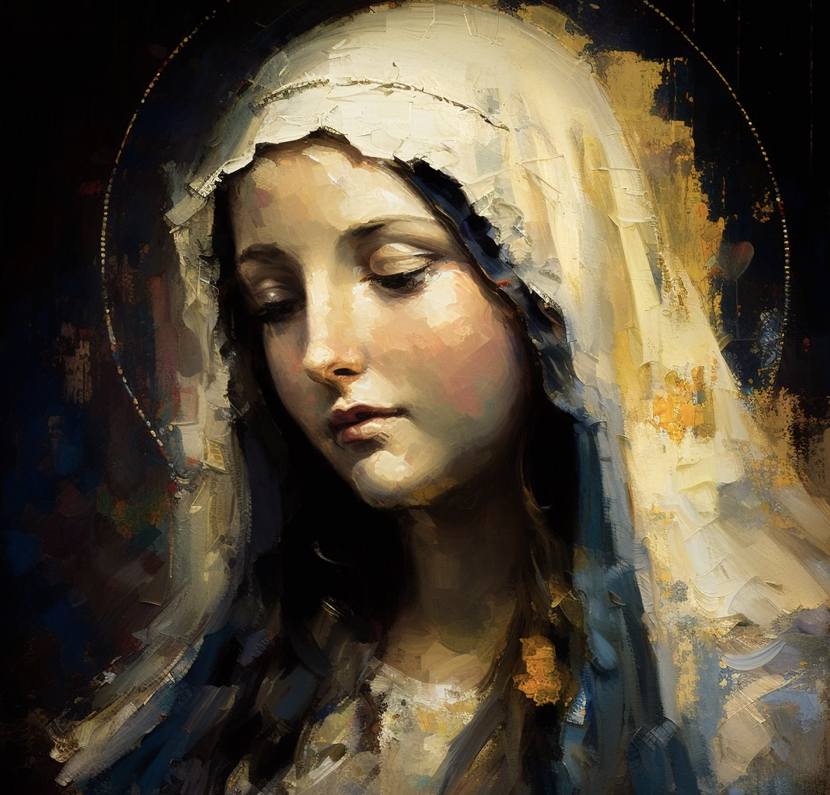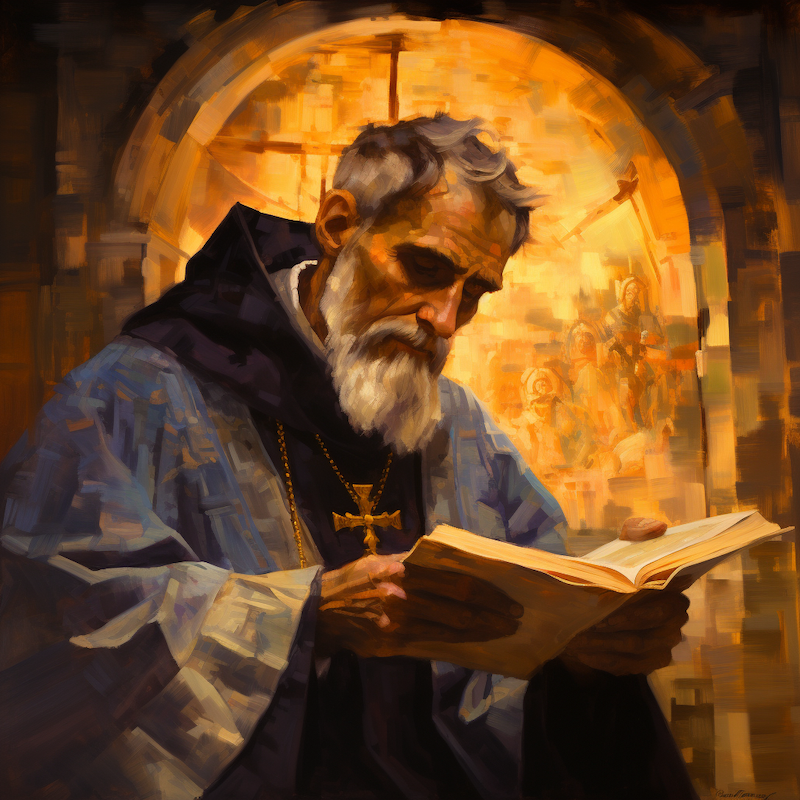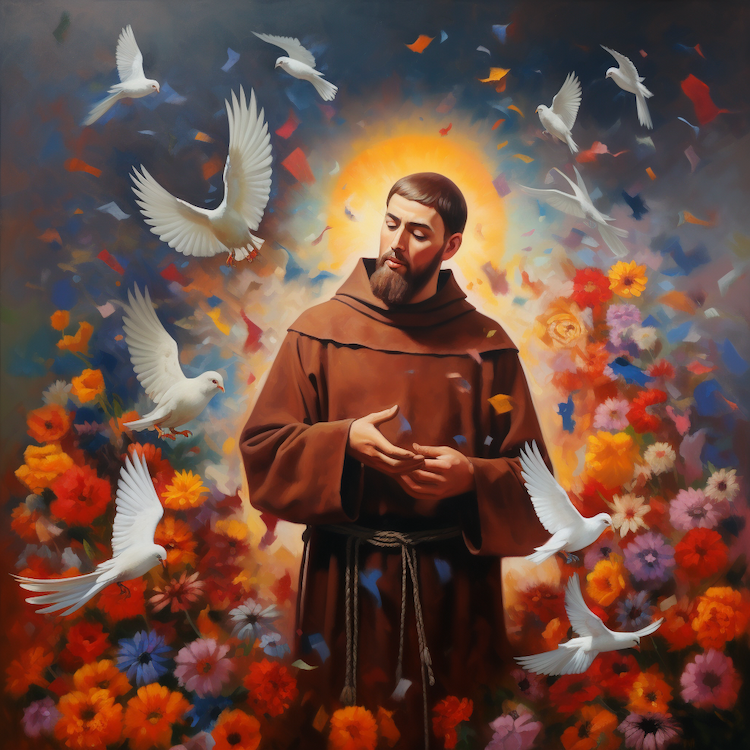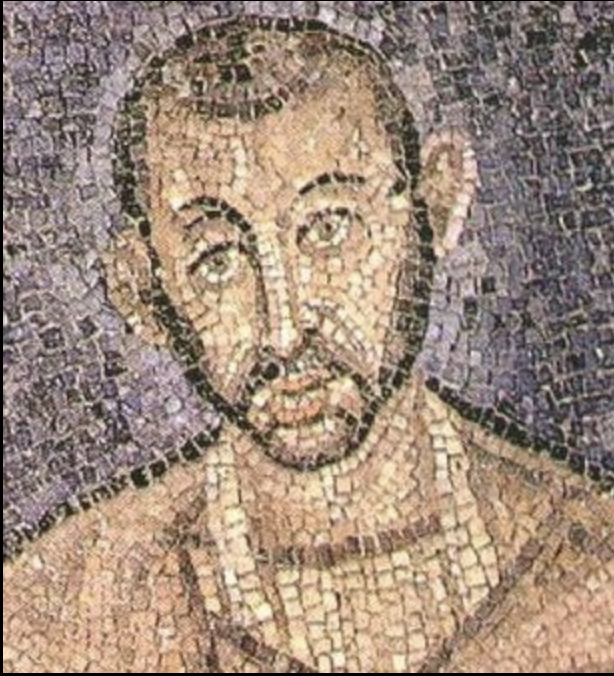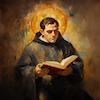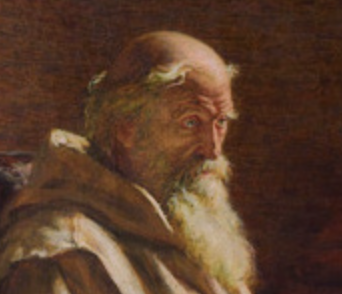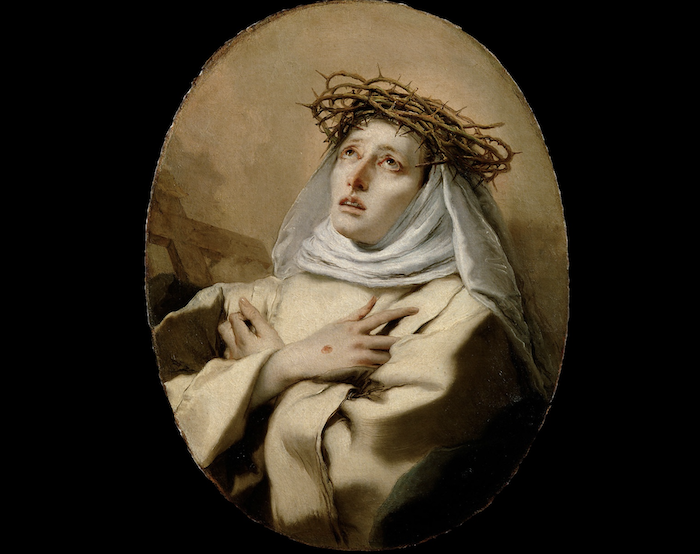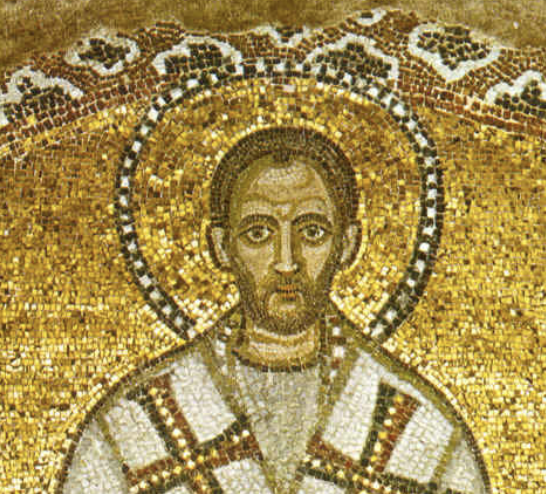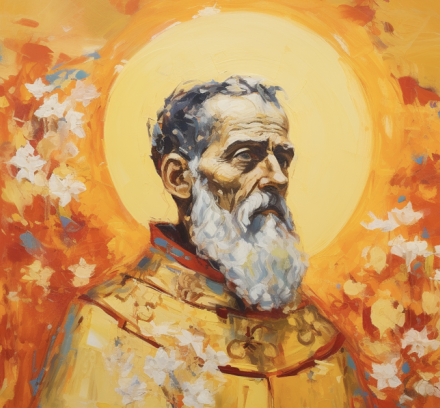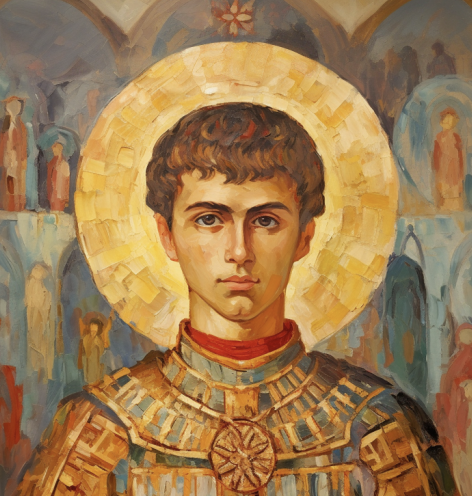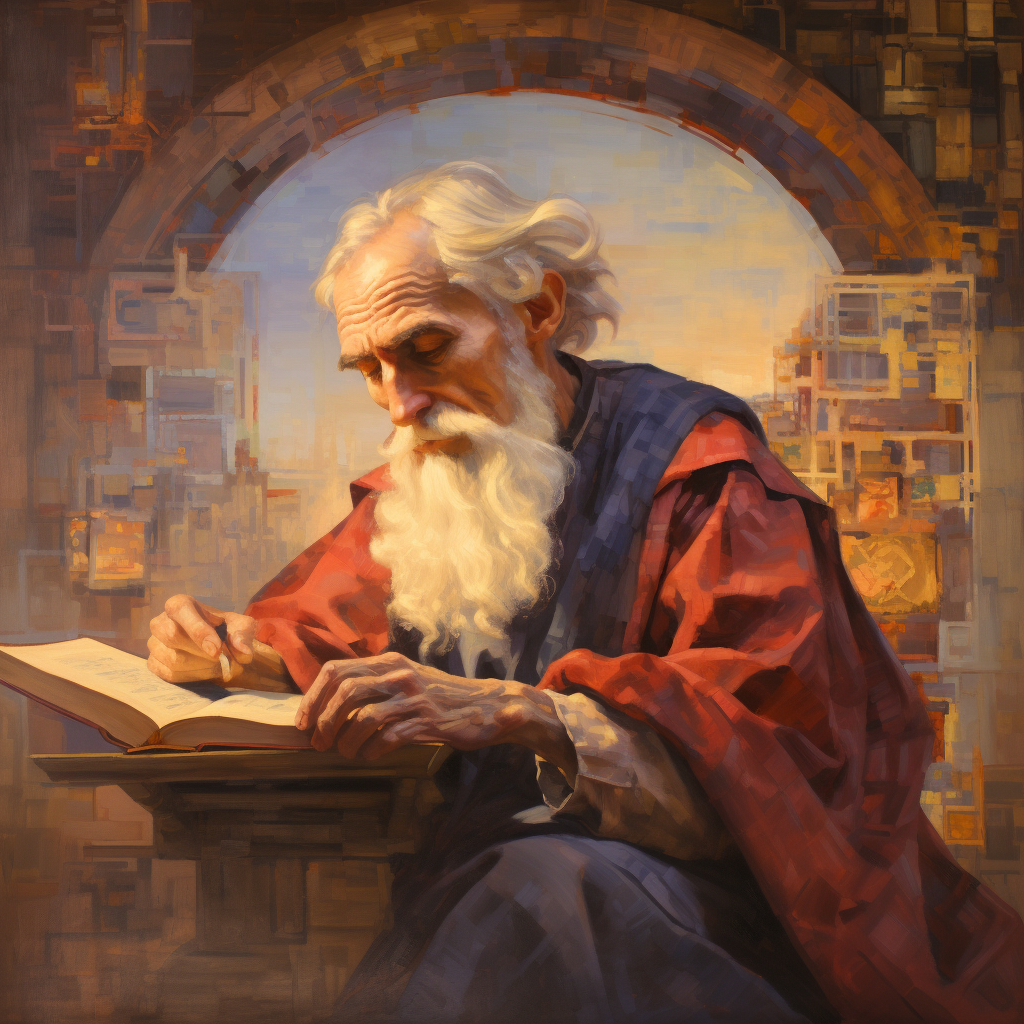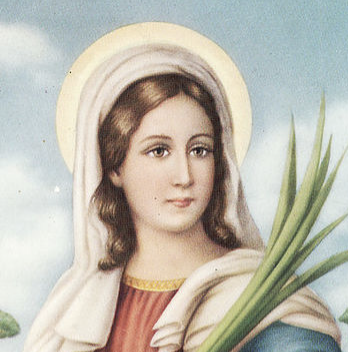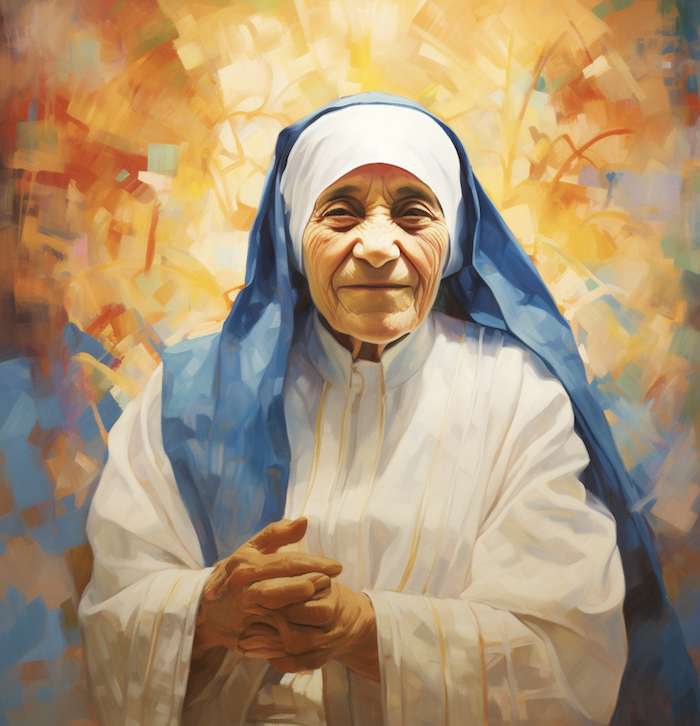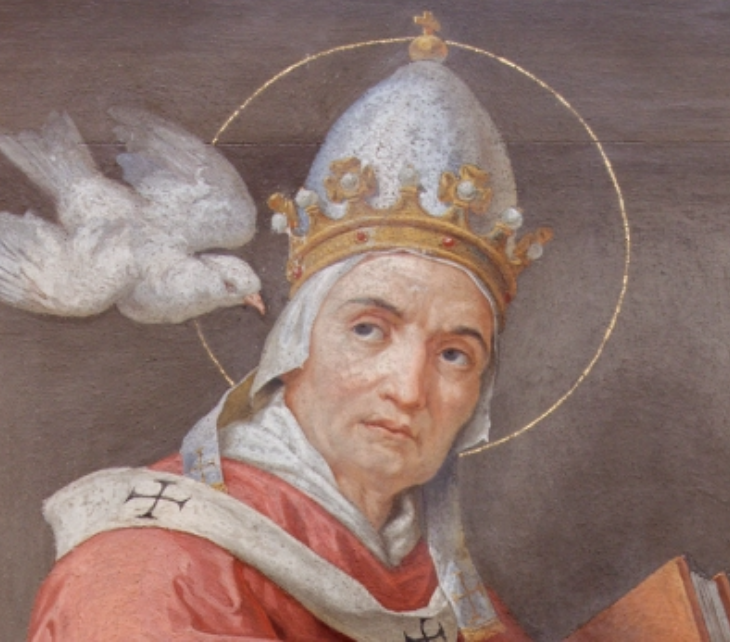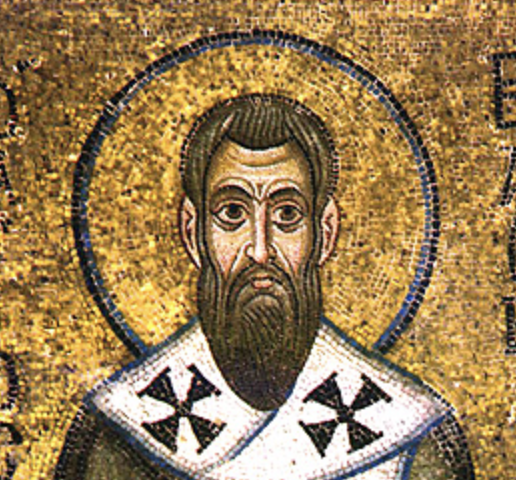Meet the Saints
The saints are an important part of the Catholic faith, and they play a significant role in the spiritual lives of Catholics. One of the main reasons that saints are important to Catholics is that they serve as role models and examples of how to live a virtuous and holy life. They show us how to follow in the footsteps of Jesus and to strive for holiness in our own lives. The saints have faced and overcome many of the same challenges that we face in our own lives, and they can serve as powerful intercessors and guides for us as we navigate our own spiritual journey.
The Catholic Church has declared over 1,000 people as Saints, and while this is not a defintive list, these are some of the most famous saints in history.
Blessed Virgin Mary
The Blessed Virgin Mary holds a special place of honor and devotion in the Catholic faith. As the mother of Jesus Christ, she is revered as the Mother of God and the epitome of faith and virtue. Mary's fiat, her complete and humble acceptance of God's will, serves as a model for all believers.
Saint Augustine
St. Augustine of Hippo was a bishop of the Catholic Church and one of the most important figures in the history of Western Christianity. He is considered one of the church fathers, along with other early Christian scholars such as St. John Chrysostom and St. Jerome. He is also a doctor of the church, a title given to select saints who have made significant contributions to Catholic theology.
Saint Albert
St. Albert the Great was a 13th century German Dominican friar and bishop, and is known as a Catholic saint and Doctor of the Church. He was born in the year 1206 in the town of Lauingen, in modern-day Germany. Albert was a polymath and is known for his extensive knowledge and contributions to a wide range of fields, including theology, philosophy, astronomy, biology, chemistry, and more.
Saint Francis of Assisi
Saint Francis of Assisi, born in Italy around 1181 or 1182, is revered as a quintessential figure of humility and compassion in the Catholic tradition. Coming from a life of wealth and privilege, Francis embraced a path of radical poverty after a transformative encounter with a leper and a spiritual vision
Saint Ambrose
Saint Ambrose was a bishop of Milan and one of the most influential ecclesiastical figures of the 4th century. He was born into a Roman family in Trier, Germany and received a classical education, studying literature, law, and rhetoric. In 374, he was unexpectedly elected bishop of Milan, despite not yet being a baptized Christian. He was subsequently baptized and consecrated as bishop.
Saint Thomas Aquinas
St. Thomas Aquinas was a Catholic monk, theologian, and philosopher who was one of the most influential figures in the history of the church. He is best known for his contributions to the development of Catholic theology, particularly his work on the nature of God and the relationship between faith and reason.
Saint Bede
Saint Bede the Venerable, also known as the Venerable Bede, was an English monk and scholar who lived in the 7th and 8th centuries. He is best known for his extensive writings on the history and teachings of the Catholic Church, and is considered to be one of the most important figures in the history of English Christianity.
Saint Catherine of Sienna
Saint Catherine of Siena was a 14th century Italian mystic, philosopher, and religious reformer. She was born in 1347 in Siena, Italy, the 25th of 25 children. Her parents, Jacopo and Lapa Benincasa, were both devout Catholics and instilled in their children a strong sense of faith and piety.
Saint John Chrysostom
Saint John Chrysostom was a bishop of Constantinople and one of the most important early Church Fathers. Born in Antioch, Syria, he was well-educated and fluent in Greek, which was the dominant language of the Eastern Roman Empire. After a brief career as a lawyer, he was ordained a priest and became known for his powerful preaching.
Saint Isidore of Seville
Saint Isidore of Seville, a revered Doctor of the Church, is often called the last of the Church Fathers. His works spanned a broad spectrum, from theology and philosophy to history, etymology, and education. His life and works had a profound influence on the Middle Ages and continue to inspire Catholics today.
Saint Stephen
Saint Stephen is considered the 1st Christian martyr. Throughout history, Saint Stephen has been revered as a symbol of selfless devotion to the cause of Christ. His story is a reminder of the high cost of following Jesus, and of the reward that awaits those who remain faithful to him even in the face of persecution and death
Saint Jerome
Saint Jerome (347-420 A.D.), a major figure in the early Catholic Church, is celebrated for his scholarly and ascetic contributions to Christianity. His monumental work, the Vulgate, a comprehensive translation of the Bible into Latin, became the standard scripture for the Western Church, highlighting his extraordinary linguistic prowess and dedication to the faith.
Saint Lucy
In the shining ranks of Catholic saints, Saint Lucy stands as a powerful symbol of faith, purity, and courage. Her name, which derives from 'lux' or 'lucis' in Latin, means 'light.' As one of the early Christian martyrs, Saint Lucy illuminates the path of faithfulness to Christ, even in the face of dire consequences.
Saint Peter
Saint Peter, also known as Simon Peter, was one of the twelve apostles of Jesus Christ and the first pope of the Catholic Church. According to the New Testament, Peter was a fisherman from Bethsaida on the Sea of Galilee, and he was called to follow Jesus as one of his apostles.
Saint Teresa of Calcutta
Saint Teresa of Calcutta, commonly known as Mother Teresa, was an emblem of selfless humanitarianism and a beacon of Catholic charity in the 20th century. Born Agnes Gonxha Bojaxhiu in Skopje in 1910, she felt a calling to serve God at a young age. She moved to India in 1929, where she took her solemn vows as a nun and devoted herself to alleviating the sufferings of the poor, sick, and the dying.
Saint Pope Gregory the Great
Pope Saint Gregory I, also known as Gregory the Great, was one of the most significant figures in the history of the Roman Catholic Church. His tenure as pope (590-604 AD) was marked by administrative reform, missionary activity, and extensive writing that helped shape the future of the Church. His one of the Latin Fathers and a Doctors of the Church. Gregory was a vigorous advocate for the papal supremacy, and his influence on Christian worship, particularly through the "Gregorian Chant," is still apparent today.
Saint Basil the Great
St. Basil dedicated his life to promoting the Christian faith and combating heresy. He was instrumental in shaping the doctrines of the Church and played a significant role in the development of monasticism
